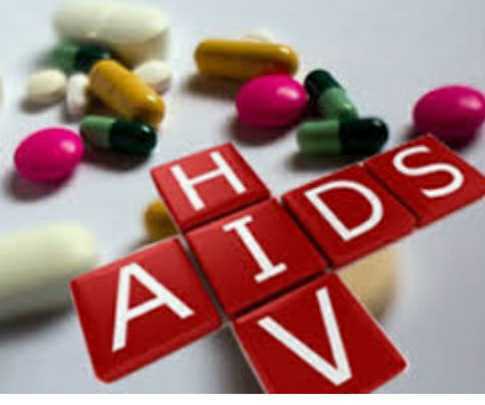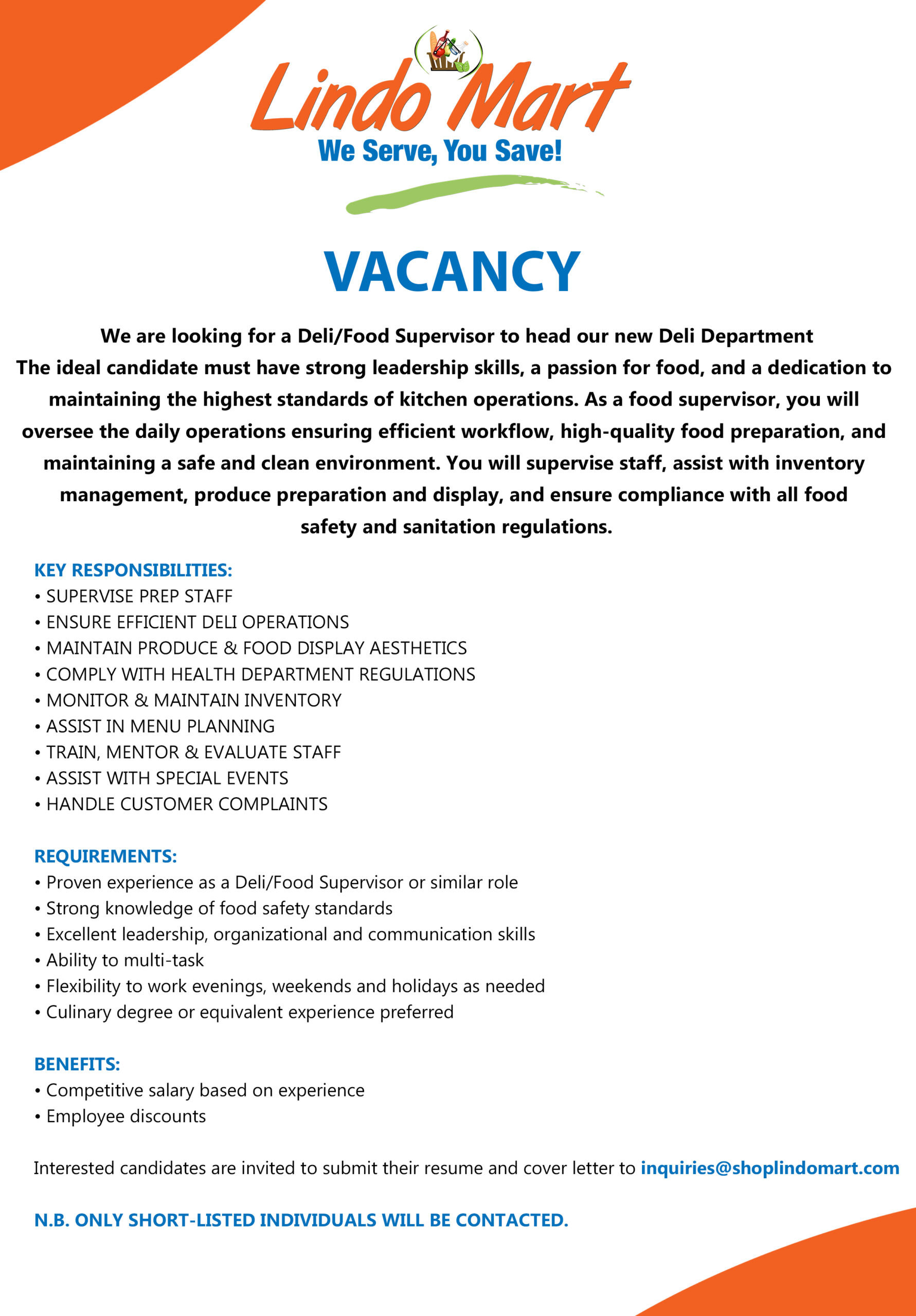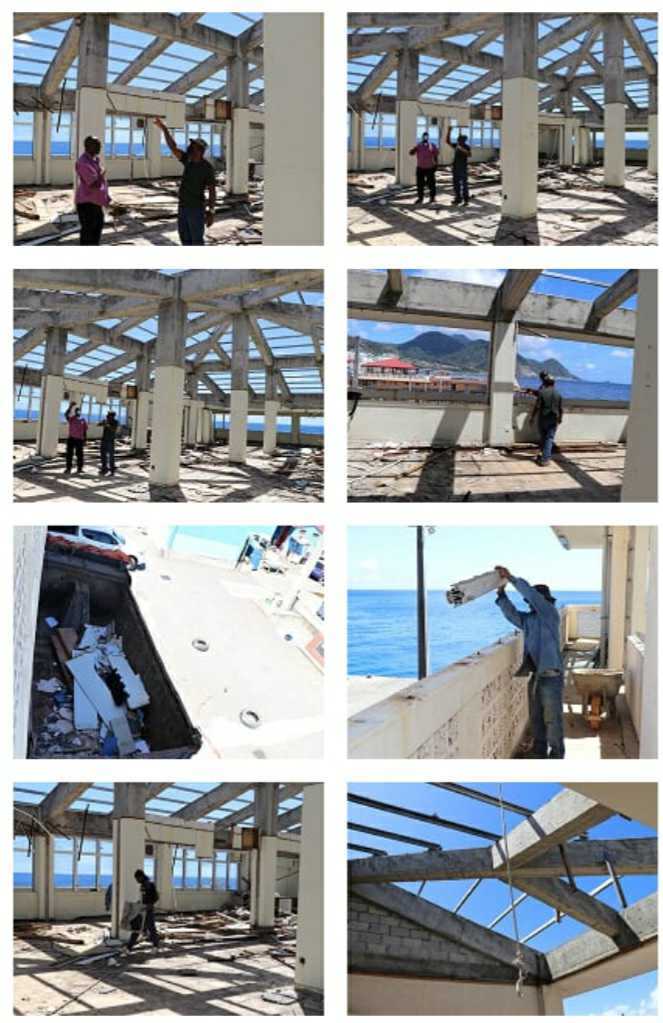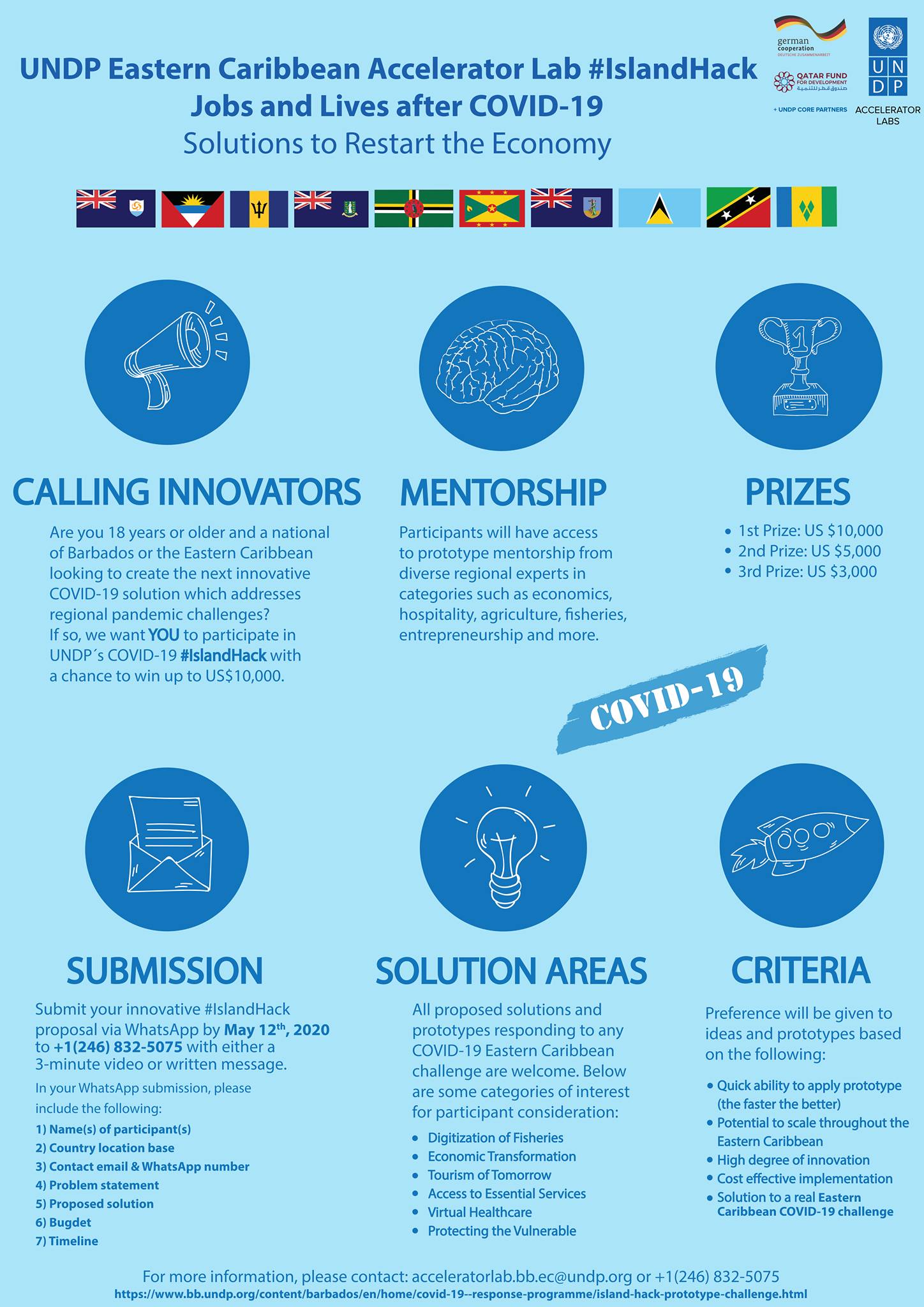
The Joint United Nations Programme on HIV and AIDS (UNAIDS), Pan American Health Organization (PAHO) and Pan Caribbean Partnership against HIV and AIDS (PANCAP) call upon Caribbean countries to ensure that people living with HIV have reliable access to treatment, healthcare and human–rights based social support services, during the COVID-19 pandemic.
Regular access to essential care and treatment for people living with HIV may be challenged at this time due to the burden of COVID-19 response on health facilities. It is therefore vital that HIV programmes develop contingency plans to meet demand for the care and treatment of people living with HIV, as well as HIV testing, antenatal care and other essential sexual and reproductive health services. During the implementation of quarantine, social distancing measures and stay-at-home orders, alternative modalities for remote or virtual clinical care may be explored, for example via telephone or on-line portals.
It is also critical that countries now implement HIV treatment guidelines from the World Health Organization (WHO) for multi-month dispensing (MMD). This would ensure that people living with HIV, who are stable on antiretroviral treatment, are given three to six months of their medications at once. Doing so will help alleviate the burden on health facilities and allow people to maintain uninterrupted treatment regimens without risking increased exposure to COVID-19 when retrieving their medicines. Countries with HIV Pre-Exposure Prophylaxis (PrEP) programs should also ensure a minimum three-month supply for users. Alternative treatment access options which may be considered include community pharmacy dispensing, community-based pick-up points or home delivery.
Health services should also prioritize ongoing care for people living with HIV who have a higher COVID-19 risk due to low CD4 counts, tuberculosis and other underlying conditions, as well as individuals recently diagnosed with HIV infection who need to start treatment as soon as possible.
Community organizations, including those made up of people living with HIV, will play a key role in supporting treatment adherence and mental health during this time. These organizations should be included in contingency planning and implementation processes to ensure continuity of treatment and care.
The HIV response has many lessons learned that can be utilized in the COVID-19 response. This includes complying with a human rights-based approach that puts communities at the centre and respects the rights and dignity of all. A primary lesson from the AIDS response is that stigma and discrimination are counterproductive to ensuring good individual and public health outcomes.






